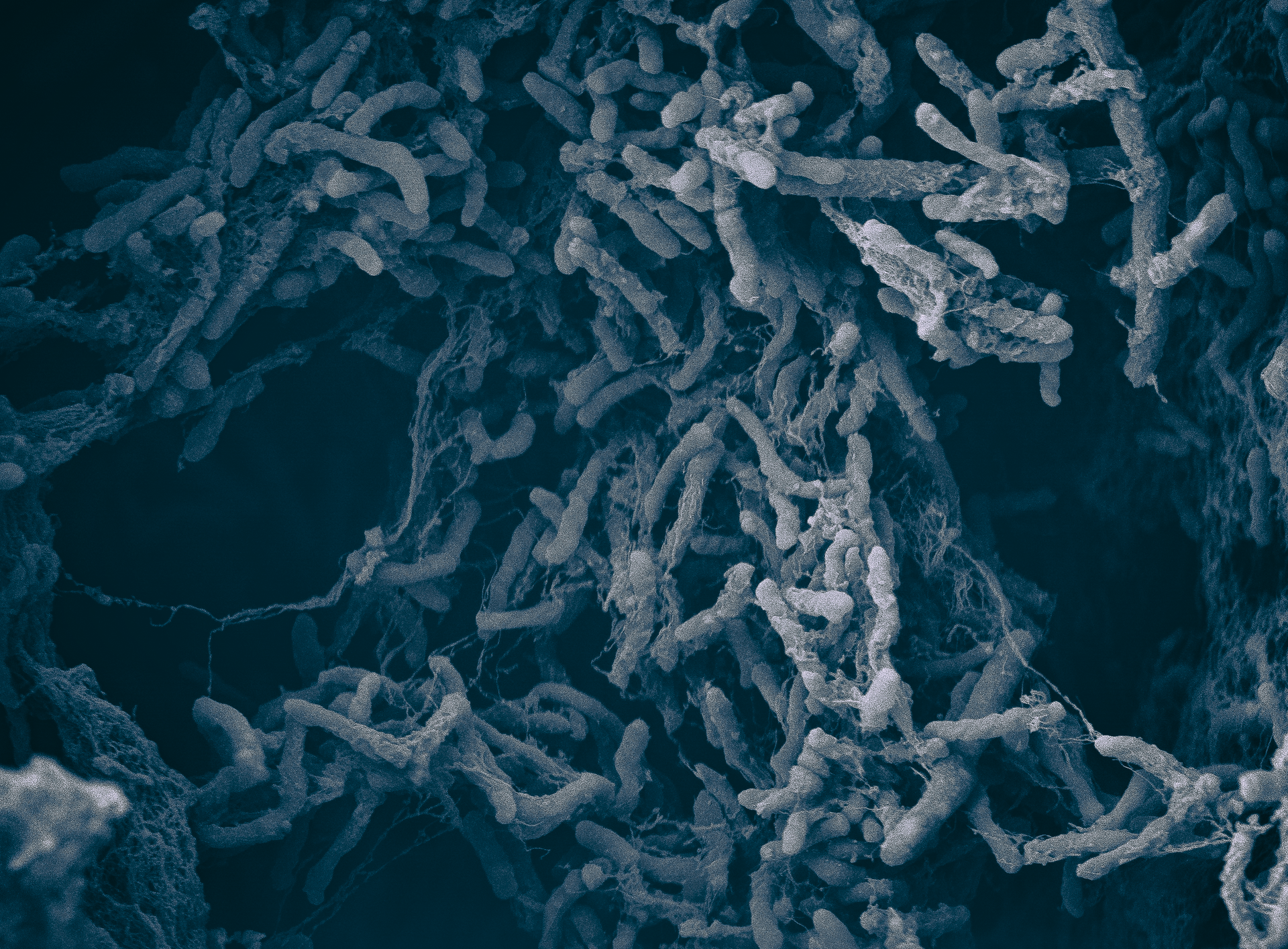Sharp taste
The sharp taste of mustard is determined by a chemical compound called glucosinolates. This is produced by plants of the order Brassicales, the order to which the mustard plant also belongs. Broccoli and radishes, for example, also fall under this order. Glucosinolates contain sulfur, giving food from the Brassicales order their bitter or sharp taste. Glucosinolates have antibacterial, antifungal, and anti-insect properties, protecting the plant from pathogens.
Mustard with different nicrobiota
It is known that the production of glucosinolates can be strongly influenced by factors such as drought, geographical location, and pests. To examine the influence of microbes on the production of glucosinolates, researchers used soil samples with different microbiota. These soils were then added to sterilized soil under various conditions, and mustard plants were seeded.
Variation in glucosinolate concentrations
It appears that the differences in the types of microbes in the soil affect the amount of glucosinolate present in mustard seeds, thus affecting the sharpness of the mustard seeds. Whether these differences are solely due to the microbes or whether other factors such as plant growth also play a role remains to be further investigated.
Microbes and their influence on taste
The scientists have discovered something else interesting: the microbes surrounding a plant influence the primary flavor compound of mustard. That typical mustard taste comes from a chemical compound called "allyl." It seems that the microbes in the soil not only affect the sharpness but also the overall taste of mustard. So the next time you have mustard with your bitterballen, you can thank those soil microbes for the spicy and delicious flavor with your snack!
Author: Inge Rothuis
Source:
New Phytologist

